Jose Adolfo Macias, the leader of a notorious Ecuadorian drug gang, lives in a prison with a bathroom, refrigerator, king-sized bed, and a yard for fighting cocks.
"Life here is better than at home, like a king," an Ecuadorian soldier exclaimed in a video of drug lord Jose Adolfo Macias' cell in La Regional, one of the country's largest prisons.
In the room hangs a portrait of Macias, aka Fito, the boss of the Los Choneros drug cartel who escaped from prison in January. A mural bears the slogan “Take money or get shot,” apparently intended to threaten prison guards who would rather take bribes or be shot.
Inside Macias' cell at La Regional prison. Video: CNN
The cell had a private bathroom, a king-sized bed, and a refrigerator. Outside, a grassy yard was filled with cages for fighting cocks, and there was even a large fish tank to meet Macias's need for fresh food.
According to experts, the video shows that instead of being a place of punishment, Ecuador's prison system has become a "base" for criminal groups with large numbers of members and influence throughout the country. In less than a decade, organized crime has turned this peaceful country into one of the most dangerous places in Latin America.
Prison massacres in Ecuador have become more frequent in recent years, leaving hundreds dead. In a prison riot late last year, gang members kidnapped more than 130 guards and administrators in several prisons.
"Criminal groups have total control over the prison. That's why Fito enjoys a life of comfort, with TV, Internet, food, alcohol, women... everything he wants in prison," said Jean Paul Pinto, an Ecuadorian security expert who has advised the country's police and intelligence forces.
Experts say this is also the reason Macias was able to escape from La Regional prison in a prison break that attracted worldwide attention and sparked a wave of violence across the country.
Ten years ago, Ecuador began to lose control of its prisons. A series of mistakes by successive leaders allowed crime to flourish in the prison system, according to Glaeldys Gonzalez, an organized crime expert at the International Crisis Group.
These mistakes, including mass transfers of prisoners intended to break up criminal gangs, have backfired and even allowed gangs to expand their reach into prisons across the country. Overcrowding also allows gangs to recruit new members from within prisons. With 30,000 members nationwide, many criminal organizations can exert influence outside the prison system to control prison staff.
“Gang members intimidate prison staff, demanding that they carry out illegal activities or their families and loved ones will be threatened,” said Julio Cesar Ballesteros, former deputy director of the Ecuadorian prison administration (SNAI) and undersecretary for rehabilitation under former president Lenin Moreno.
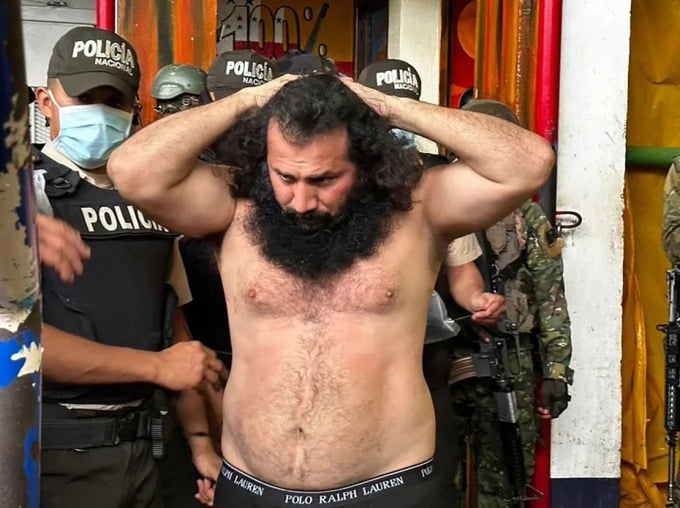
Drug lord Macias is escorted to The Rock prison on August 12, 2023. Photo: AFP
Corruption is rife because prison guards are underpaid, overworked, and have poor working conditions. Overcrowding and a lack of guards have also fueled violence. Inmates say they sleep in hallways without bedding. According to SNAI, Ecuador’s prison population exceeded capacity by about 4,000 last year.
Ballesteros stressed that organized crime groups “control everything” in prisons. “Prisons are no longer run by the state, but by criminals from within. Many officials are threatened or blackmailed, forcing them to turn a blind eye and tolerate illegal activity,” he said.
A 2023 investigation by Ecuador's Attorney General Diana Salazar found that an incarcerated drug offender planned to bribe prison staff $3,000 to bring in pigs for a "Prisoner's Day" party. He texted outside, boasting, "I'm the director here."
"Latin America's prison system has become a training center and headquarters for some of the most powerful criminal organizations in the Americas. So it's no surprise that it's expanding in Ecuador," said Jeremy McDermott, co-founder of the InSight Crime Institute.
Little is known about Macias’ life before he became a criminal. He was a money launderer for the Los Choneros cartel, before taking advantage of internal strife in 2020 to rise to the top. While the cartel was in turmoil, another criminal organization called Los Lobos emerged to dominate Ecuador’s drug trade.
Many questions have been raised regarding Macias' lavish lifestyle in prison, especially why he was not held in a maximum security prison.
In announcing sanctions against Macias earlier this month, the US Treasury Department said he "had access to cell phones and the Internet to continue to direct the gang's activities and disseminate information."
Macias’s princely lifestyle is no secret. The drug lord threw a lavish 42nd birthday party in prison, complete with cake, fireworks and a singer.
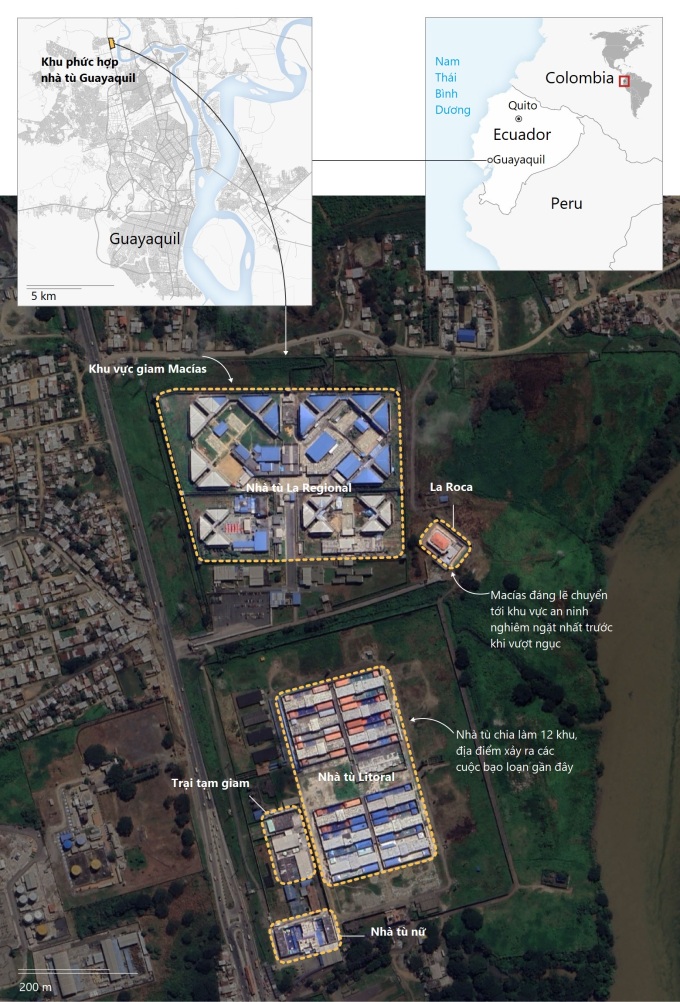
Map of the Guayaquil prison complex. Graphic: CNN
In December 2023, Ecuador’s new President Daniel Noboa joked in an interview with national television that Macias’s cell had “more electrical outlets than a Marriott hotel room.” Asked what the government planned to do about it, Noboa replied, “Yes, but don’t tell Fito.”
The Ecuadorian government had planned to transfer Macias to a higher-security prison, but the drug lord apparently got a heads-up and escaped in January. During this time, his wife and children fled to Argentina and lived in a newly purchased house in the city of Cordoba.
"We hypothesize that he bought a house in advance, took his family out of Ecuador and then escaped," said Argentine Security Minister Patricia Bullrich. Macias' wife and children were deported two weeks after arriving in Argentina.
It is not yet clear how Macias escaped. Shortly after the news of the drug lord’s escape broke, violence erupted across Ecuador, forcing President Noboa to declare a state of emergency on January 8.
This has forced President Noboa to declare war on the gangs, which he calls “terrorist drug organizations” that receive support from foreign criminal groups. Ecuador is carrying out a large-scale crackdown, deploying the army to support the police and arresting more than 5,000 people.
Experts question whether deploying military intervention is a long-term solution, given that the root causes of Ecuador's problem are systemic corruption, weak state institutions and its geographical location among the world's largest drug-producing countries.
After Macias's escape, the Ecuadorian military deployed soldiers to guard La Regional Prison. To combat gang crime, President Noboa pledged to build more prisons.
Hong Hanh (According to CNN )
Source link


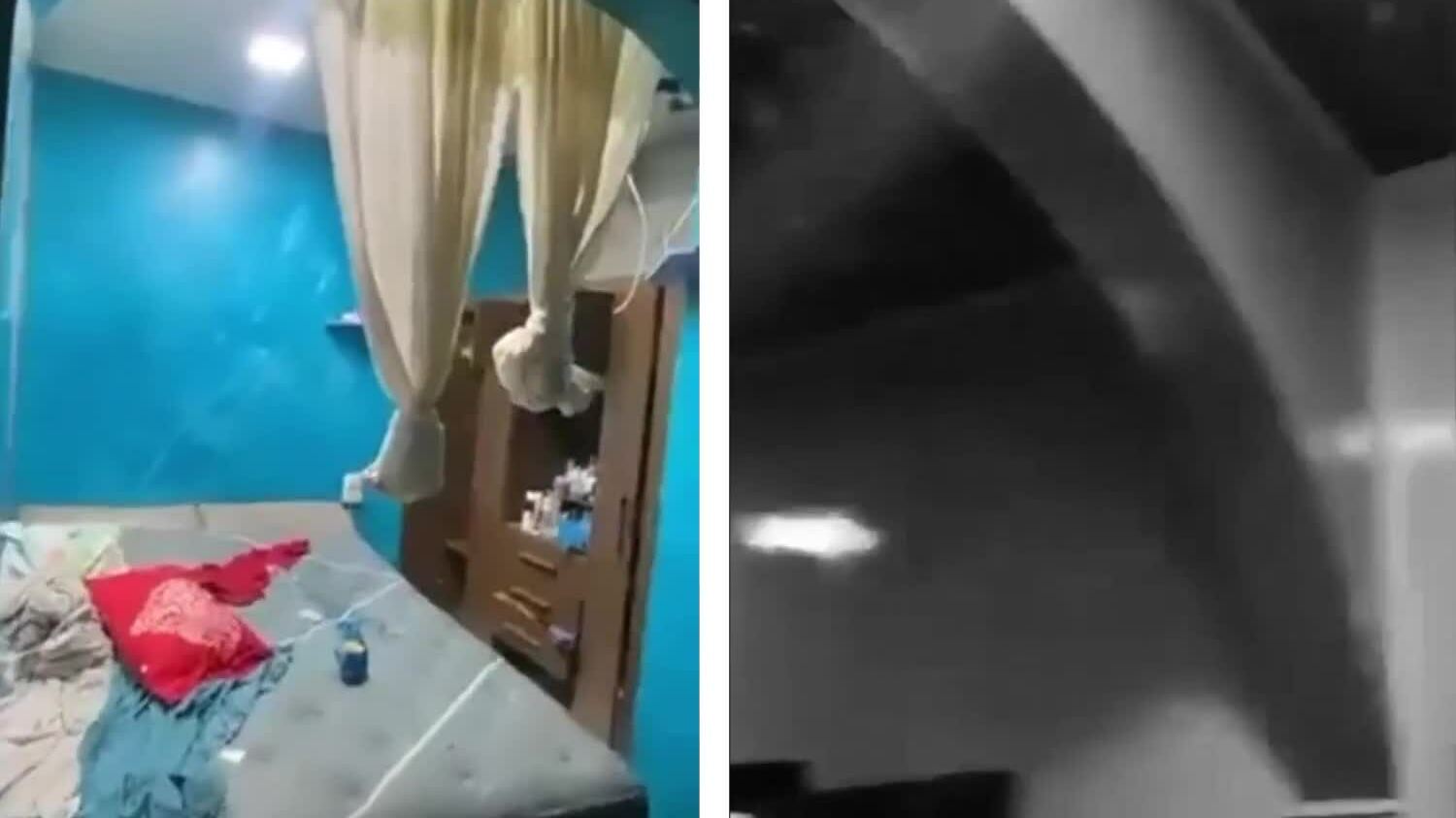




![[Photo] Relatives of victims of the earthquake in Myanmar were moved and grateful to the rescue team of the Vietnamese Ministry of National Defense.](https://vstatic.vietnam.vn/vietnam/resource/IMAGE/2025/4/2/aa6a37e9b59543dfb0ddc7f44162a7a7)
![[Photo] Third meeting of the Organizing Subcommittee serving the 14th National Party Congress](https://vstatic.vietnam.vn/vietnam/resource/IMAGE/2025/4/2/3f342a185e714df58aad8c0fc08e4af2)
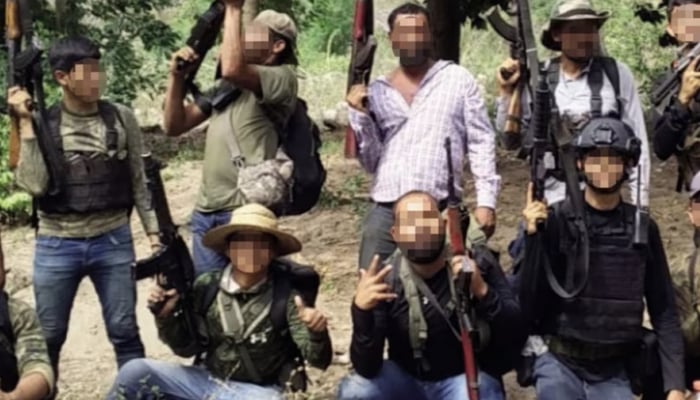



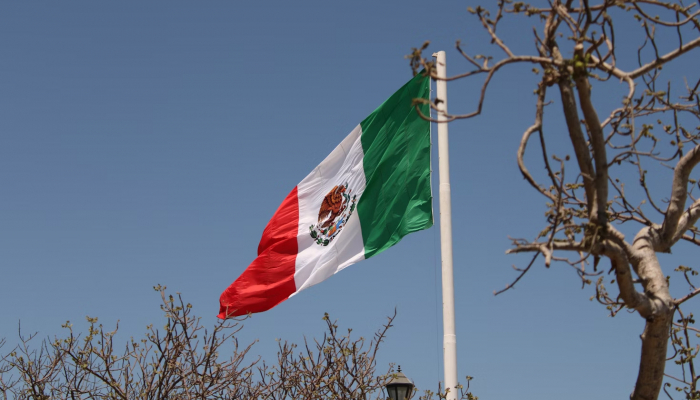
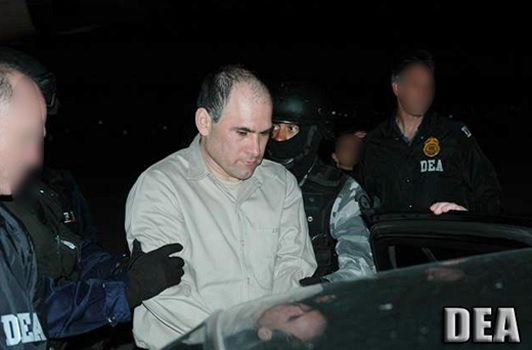
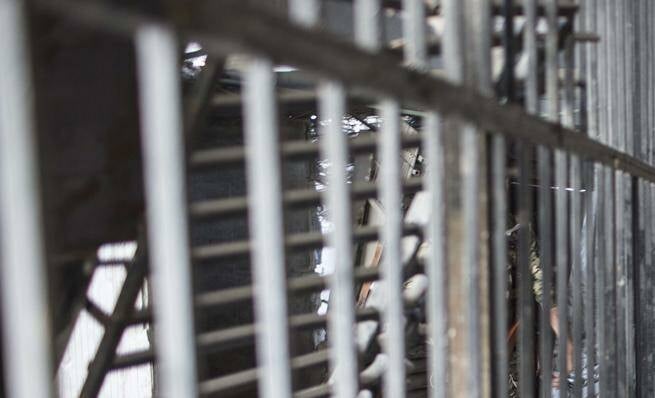
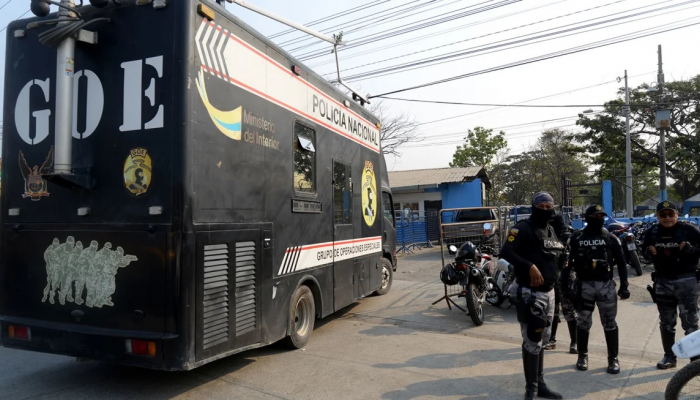

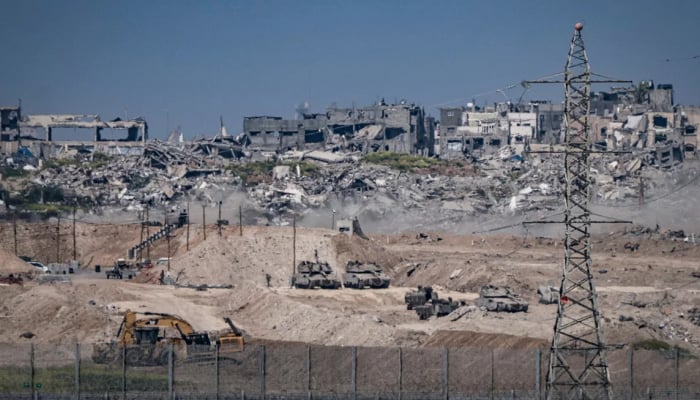
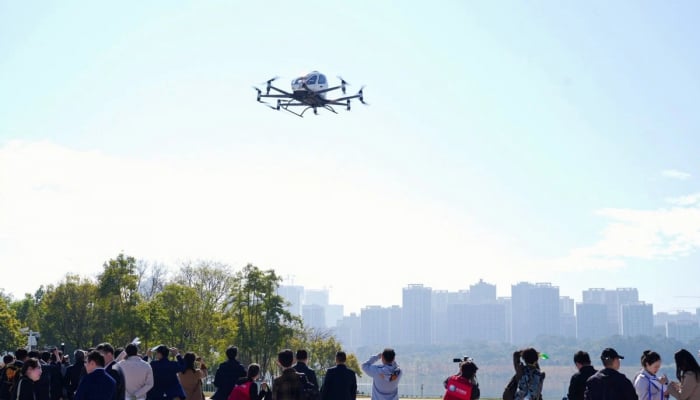
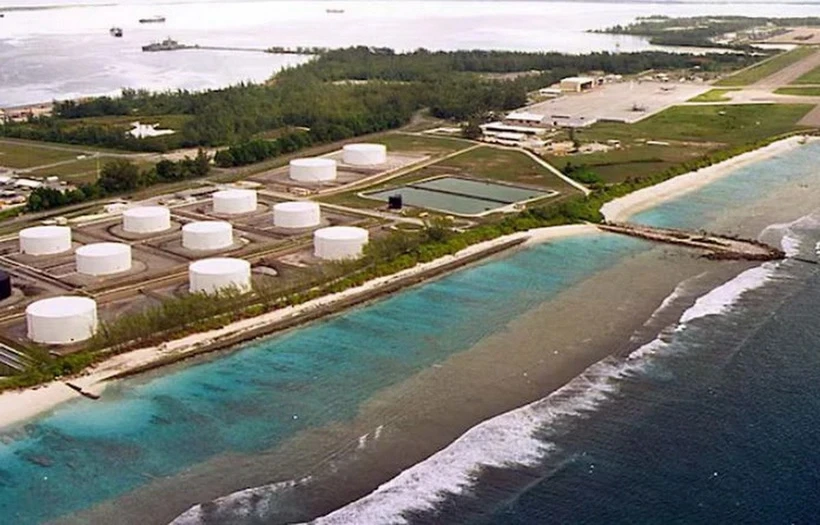
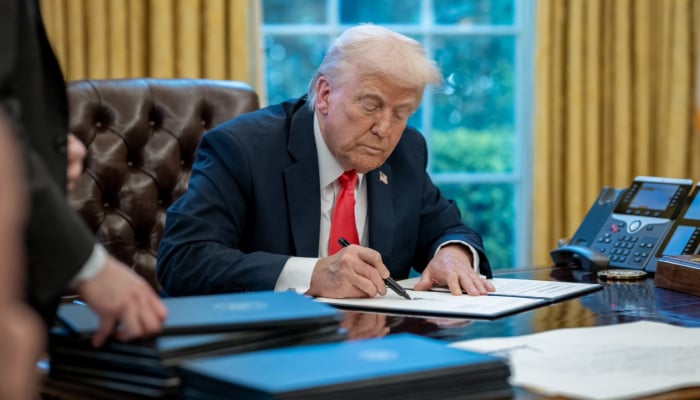
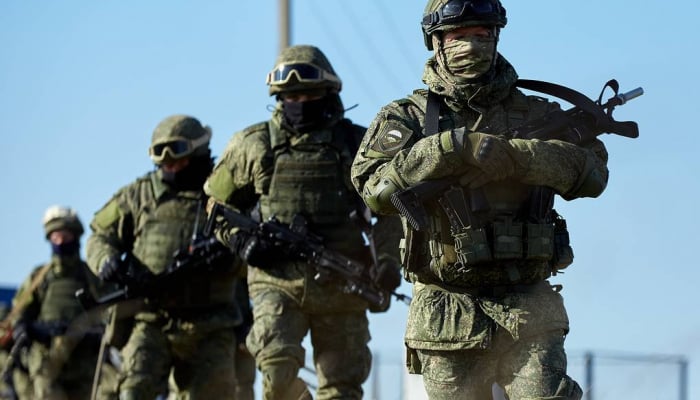









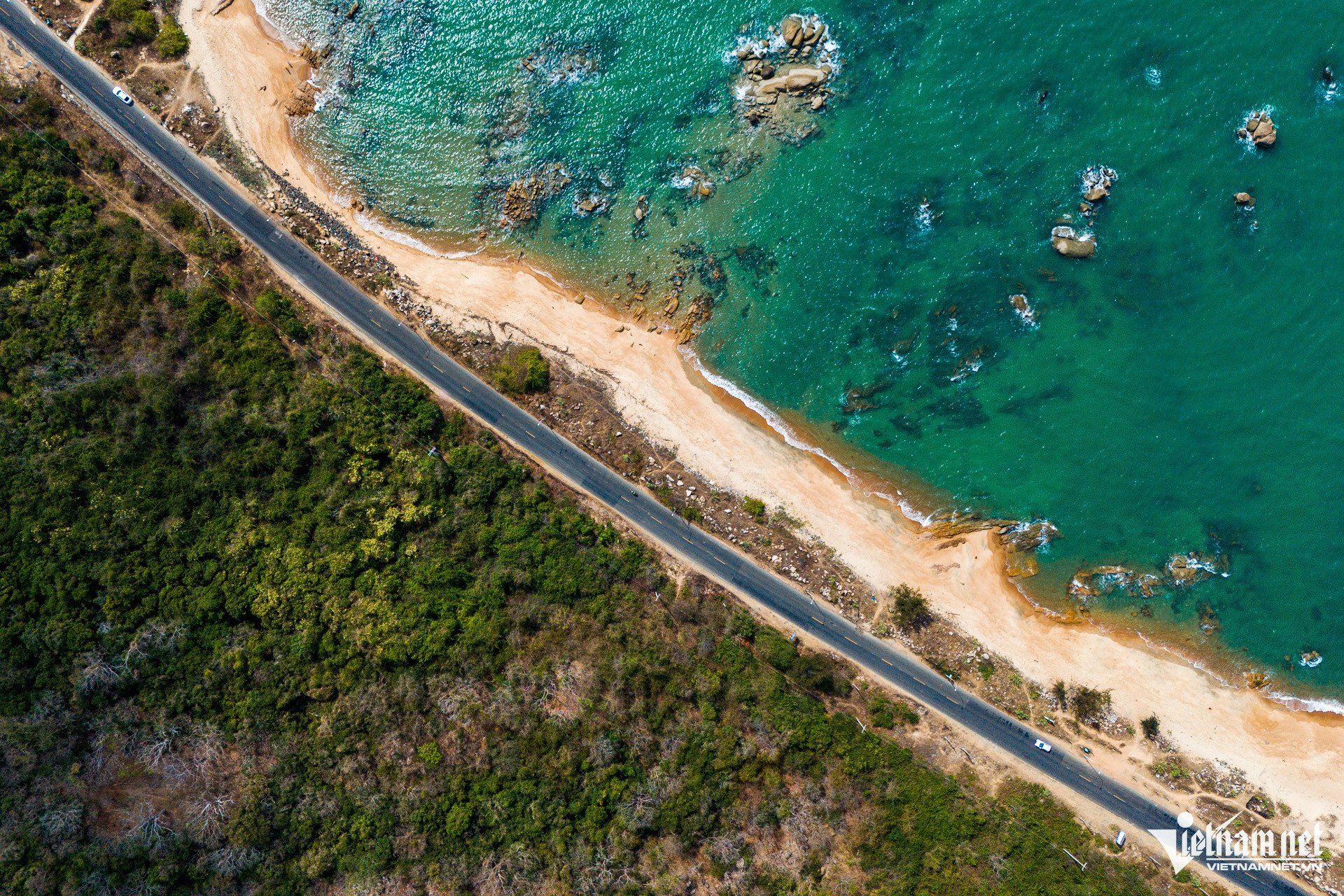




































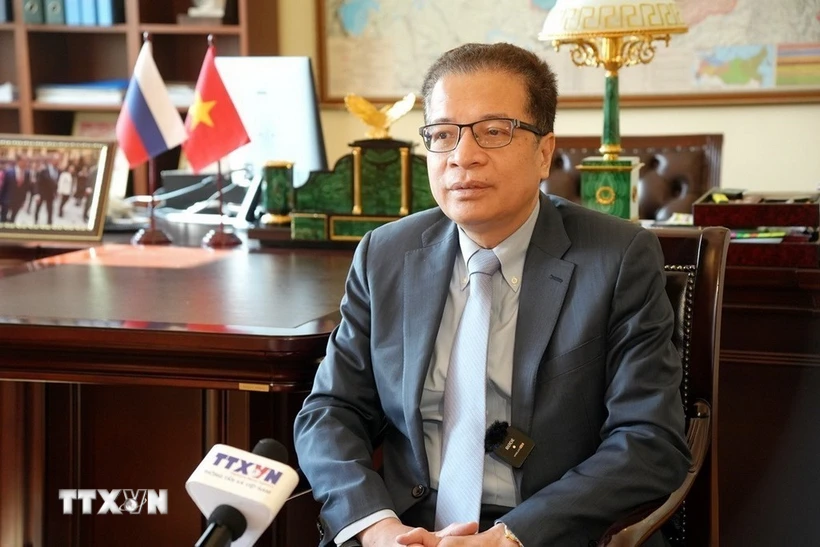
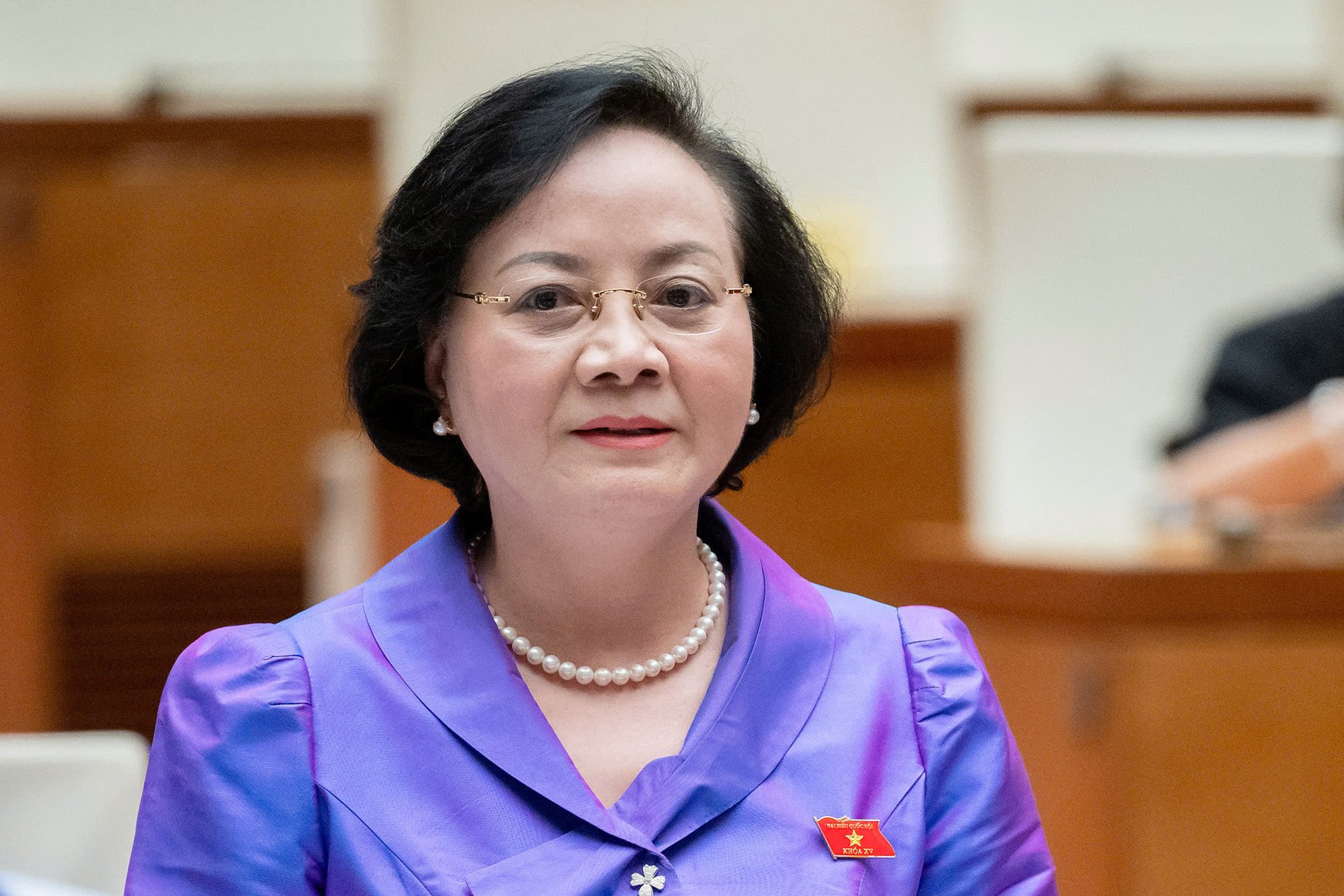



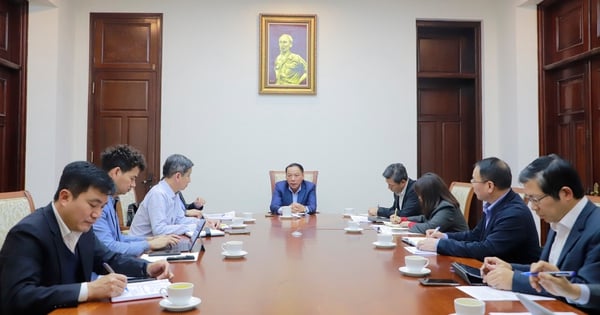



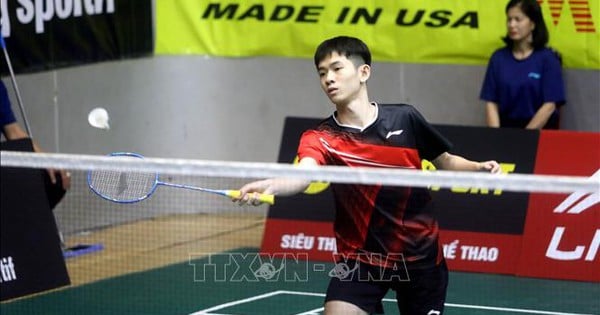
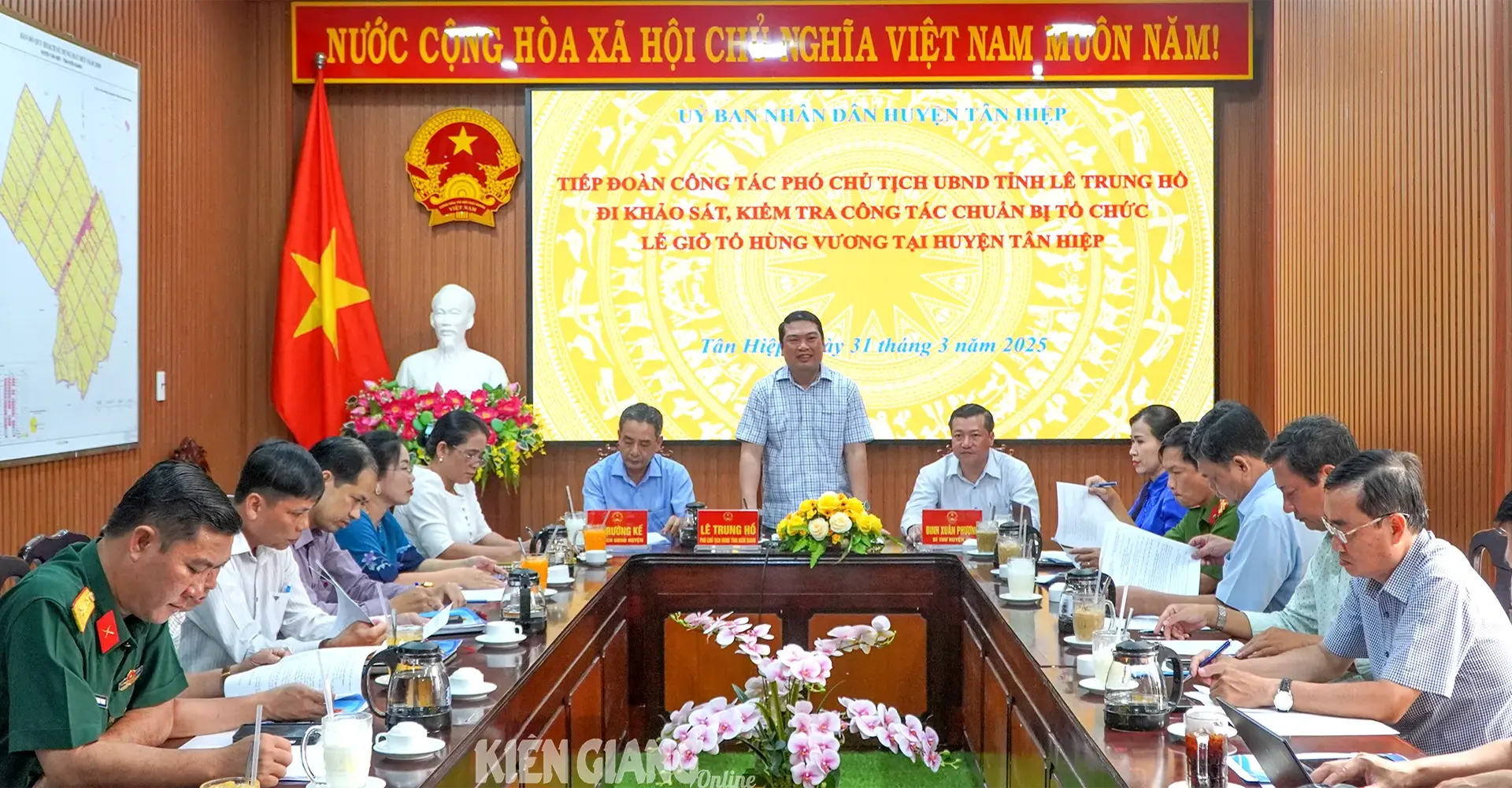

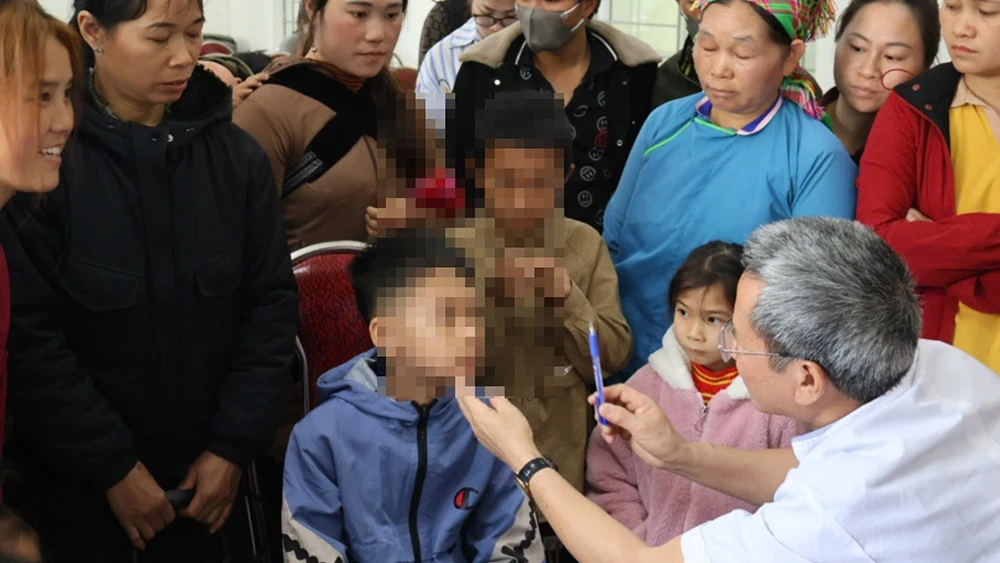

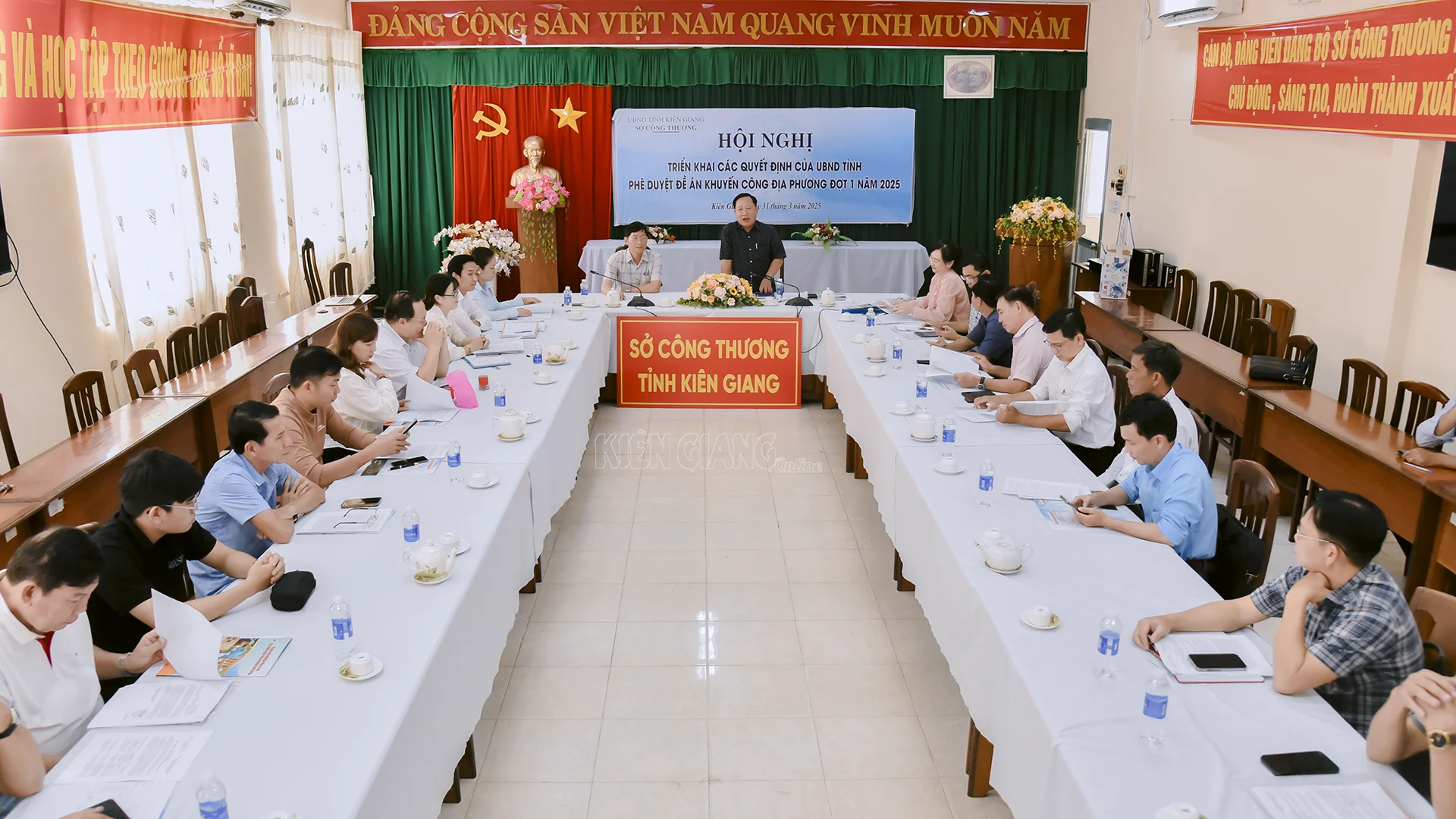
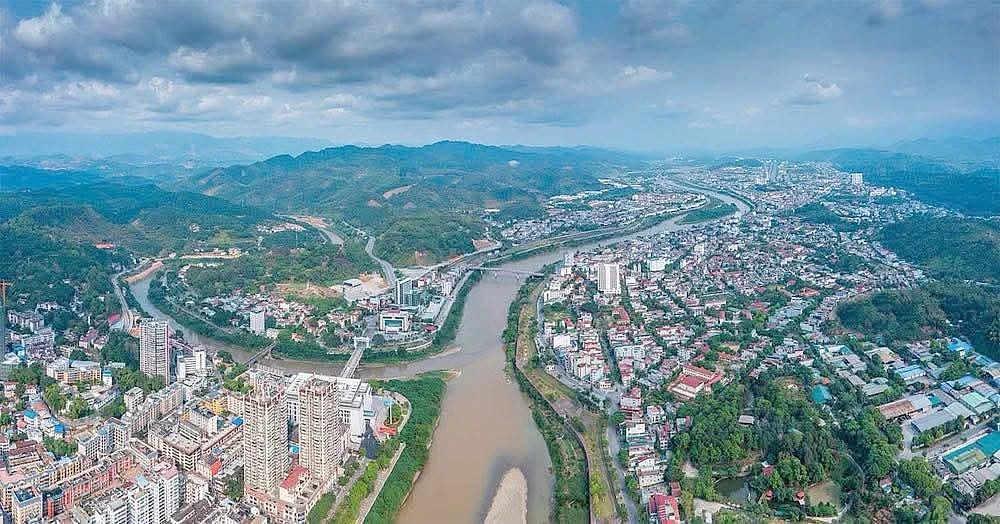
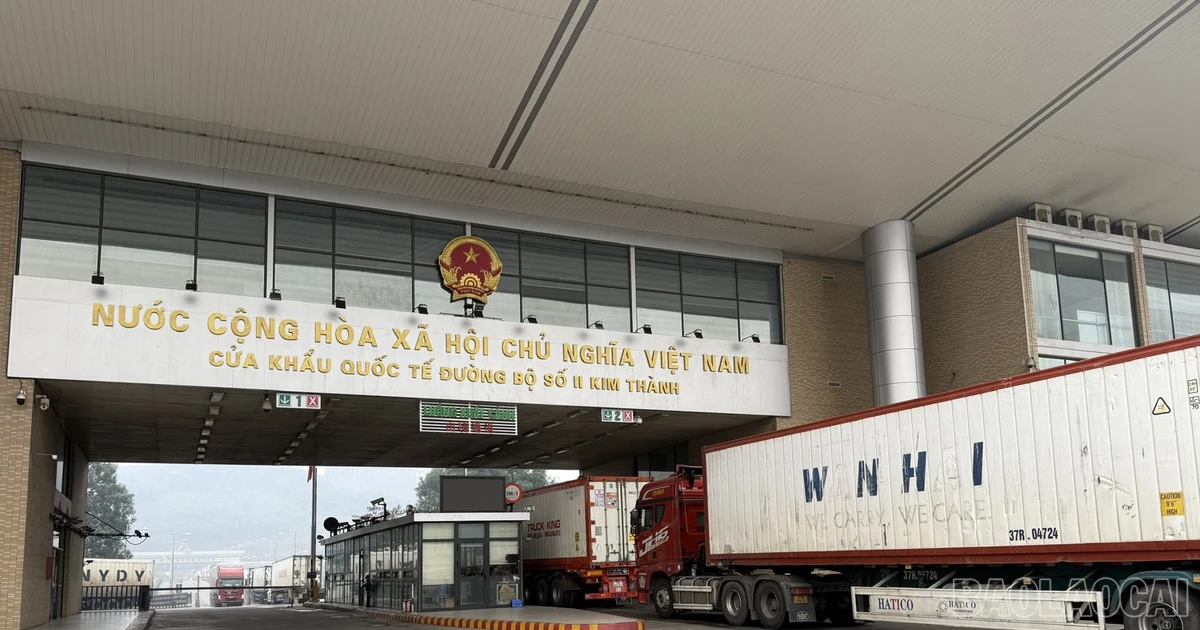













Comment (0)